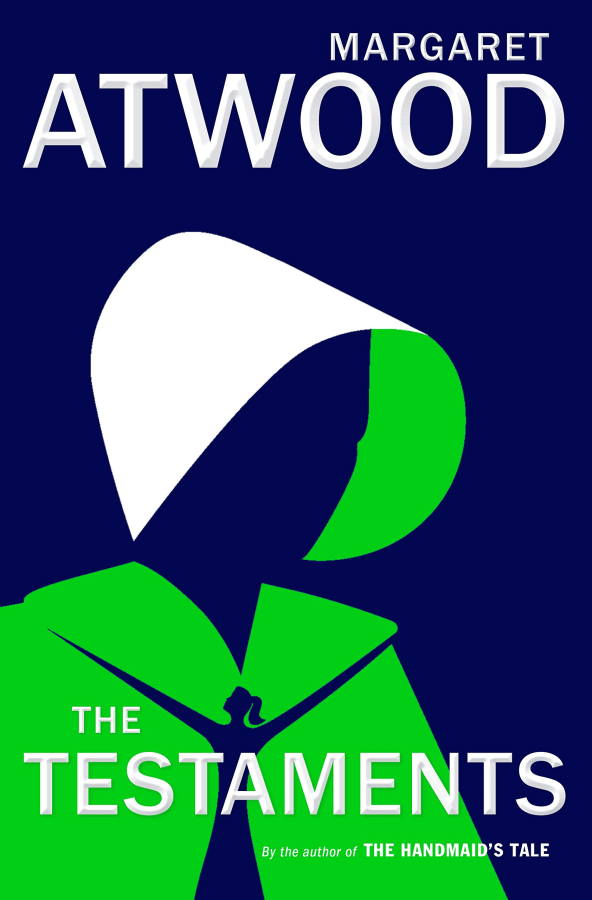A story anticipated for over 30 years, “The Testaments” offers three different perspectives of the dystopian world of Gilead.
Last summer, I took the jump into the world of “The Handmaid’s Tale” — a dark look into a not-too-unrealistic alternate reality where a hyper-evangelical patriarchy exercises stringent control over the rights of women. After finishing the book, I binged the Hulu series of the same name, and after watching the latest season, I was excited to jump back into the world of Gilead when it was announced that Margaret Atwood would be writing a sequel to her iconic novel over 30 years later — “The Testaments.”
What I found within the 415 pages was a nicely packaged conclusion to a series that created a new symbol of feminism used by protestors around the world to this day. This packaging, however, was just a little bit too squeaky clean for my taste (don’t worry, I won’t spoil the ending).
But first, a little background on “The Handmaid’s Tale” universe: Gilead is an alternate United States in a world where a hyper-conservative Christian uprising overthrows the government, setting up a new society in which the rights of women are limited to just about nothing. Everyone in Gilead has a role to play, especially the titular handmaid as a woman who is forced to conceive children for prominent families against her will.
In “The Testaments,” Atwood takes the reader on a journey 15 years after the events of the first novel, following the lives of three women — Agnes Jemima, a teenager living in a Gileadean commander’s home; Daisy, an adopted daughter of a Canadian family who has never known anything less than universal equality; and Aunt Lydia, the infamous antagonist from the first novel, who is a prominent figure in Gilead society. All three live very different lives until their paths intersect in a shockingly, albeit fairly predictable way.
“The Testaments” is a lot of fun to read if you are a fan of the story’s universe. The book offers a look into the aftermath of everything June Osborne accomplished in the first installment, which is a treat for any literary geek who craves to know what happens at the end of any given story. However, unlike the first novel which followed the life of a handmaid, “The Testaments” gives you a look into how Gilead society affects the livelihoods of those whose stories were left out of the first book. This was an amazing addition to the Gilead universe as I often wondered while reading the first book what was going through the minds of other characters who were not a part of the same social class that June was.
That all being said, the novel overall was too predictable and too clean. After the first act of the book had concluded, I had figured out what the major twists would be. While this is not always a problem, when following a book renowned for its shock factor, predictability is disappointing. Additionally, Atwood gave the characters all endings that felt a little too shallow. “The Handmaid’s Tale” ended on a very ambiguous note — you were given some hints as to June’s fate, but you ultimately were left guessing as to how her life turned out. “The Testaments” leaves nothing up to chance, offering a clear-cut ending where all conflicts are thoroughly resolved with little to no room for interpretation or ambiguity. Again, this is not necessarily a bad thing, but as a follow-up to a book that executed the opposite so perfectly, it was a bit of a letdown. There was a certain expectation that, when reading something of this story universe, nothing was ever truly as it seemed.
Critiques aside, “The Testaments” was a very fun read, and I commend Margaret Atwood for returning to this universe once more to get the coin that she rightfully deserves. This novel is a true testament to her insight into contemporary society’s persisting problems with gender inequality, and I would wholeheartedly recommend this book to anyone who is a fan of both the first book and the Hulu series.
Author: Margaret Atwood
Published: September 10, 2019
Grade: B+








